‘Social democratic parties have a problem selling opportunity and hope, while conservatives easily sell fear and trepidation’. I am paraphrasing two comments delivered at a recent Australian Labor International dinner hosted by opposition foreign affairs spokeswoman, the remarkable Penny Wong, and current leader of the Israel Labor Party, and soon to be Chair of the Jewish Agency for Israel, the indefatigable Isaac Herzog.
Already a subscriber? Log in
Get 10 issues
for $10
Subscribe to The Spectator Australia today for the next 10 magazine issues, plus full online access, for just $10.
- Delivery of the weekly magazine
- Unlimited access to spectator.com.au and app
- Spectator podcasts and newsletters
- Full access to spectator.co.uk
Or

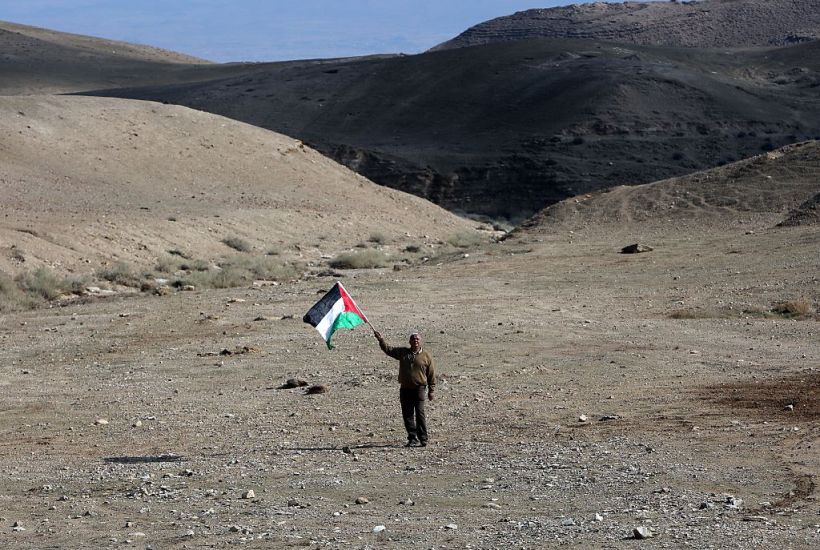







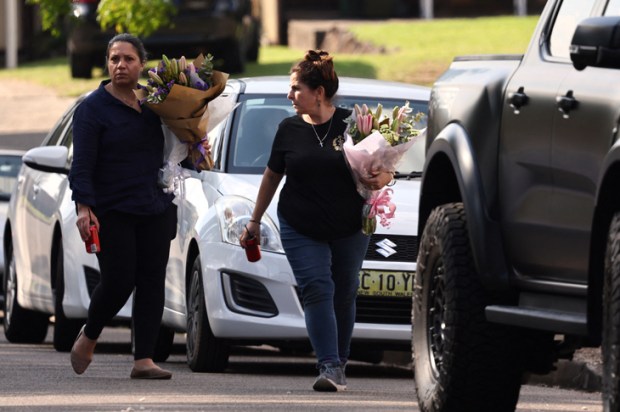




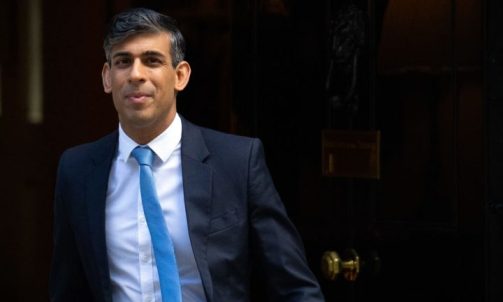
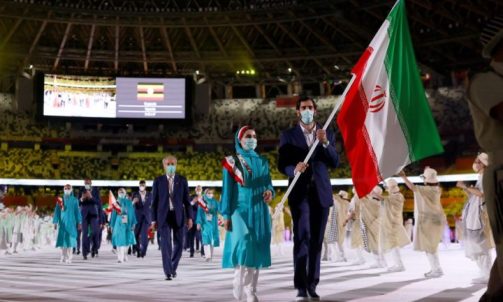
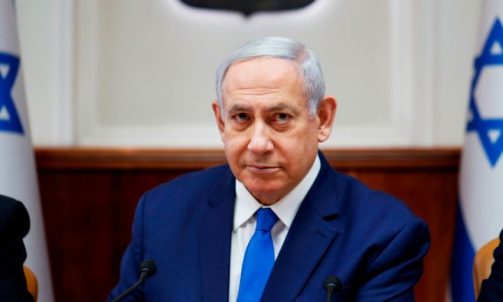

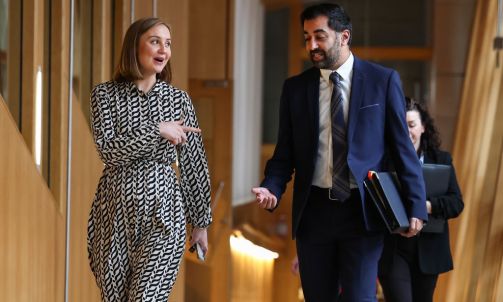

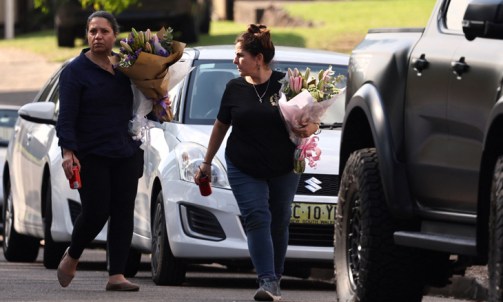
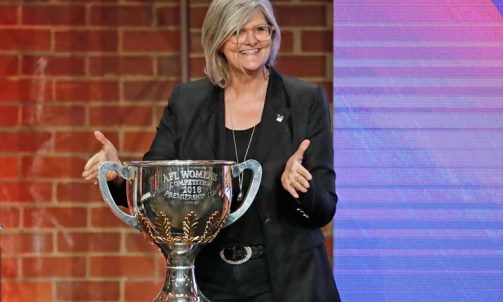


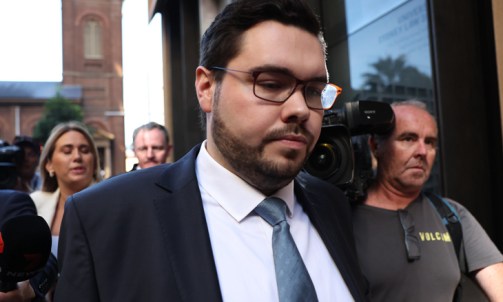
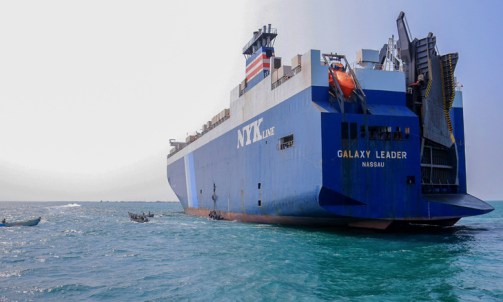
Comments
Don't miss out
Join the conversation with other Spectator Australia readers. Subscribe to leave a comment.
SUBSCRIBEAlready a subscriber? Log in